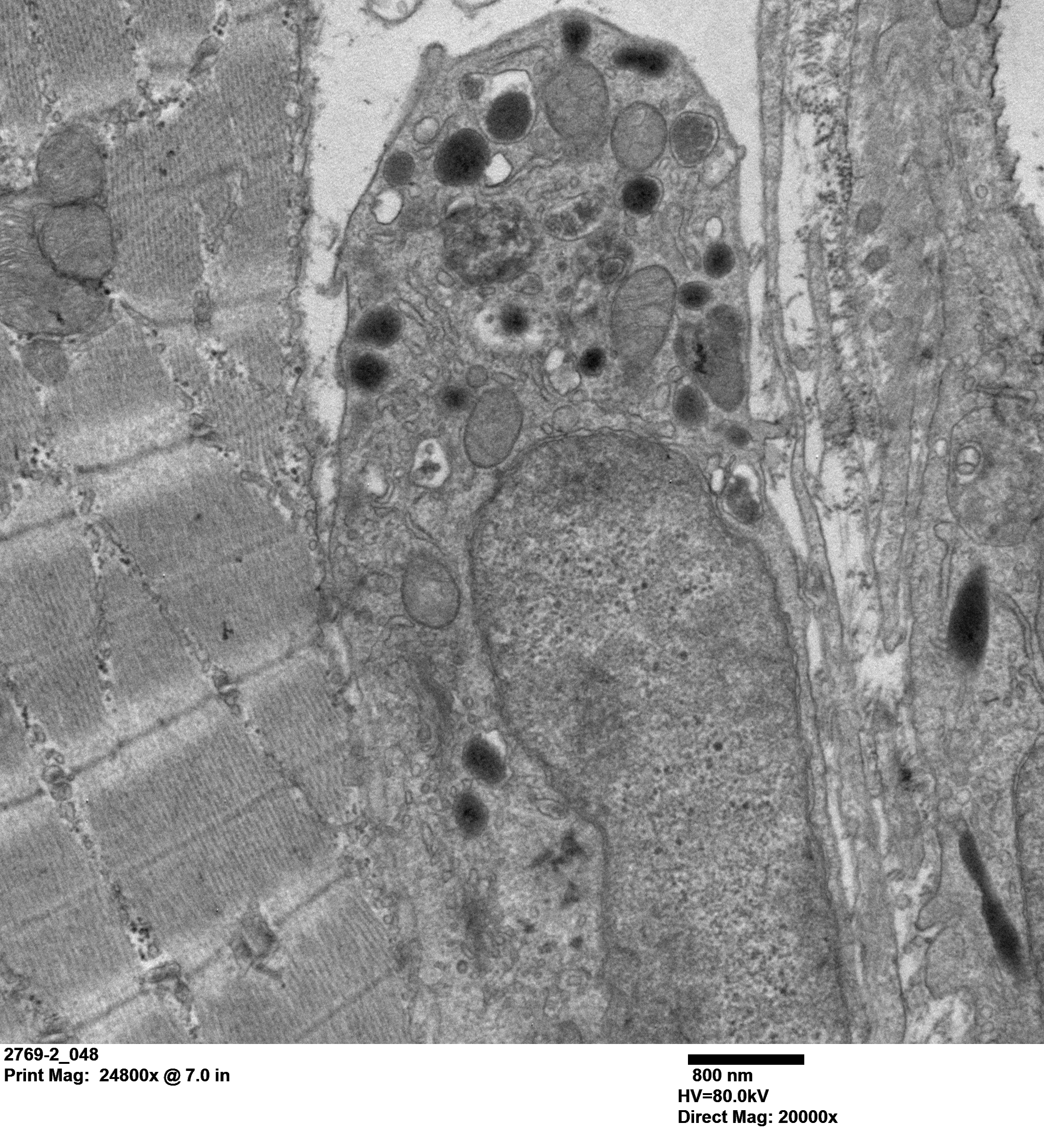About
Dr. William Lafayette Mondy
Meet William Lafayette Mondy, a seasoned and ambitious Professor and scientific researcher with over 20 years of experience in both roles. His work focuses on tissue engineering and regenerative medicine, employing a multidisciplinary approach that encompasses biomedical imaging, histopathology, electron microscopy, and more. William's current research involves reverse engineering 3-D tissue using CAD tissue scaffolding, which has the potential to revolutionize the field of tissue and potentially replace necrotic, cancerous, or otherwise dysfunctional tissue or organs.
Early in my scientific work, I established a firm foundational understanding of the structures and functions of human organs at a cellular ultrastructural level. I began my research career at the Armed Forces Institute of Pathology, studying the ultrastructure anatomy of human tissues and their diseases under the tutorage of world-renowned pathologists. This led to other studies and research in a wide range of intricate and pioneering studies and teaching outlined in the details below. My education, research, and other work experience highlight that my skills and knowledge encompass a wide range across the field of Medical Engineering: a B.S. degree in Zoology from the University of Maryland, where my studies focused on research at the cellular level across several fields including pharmacology, cardiac tissue, pulmonary lesions, and bone defects and healing from structural pathology, malignancy, and infectious diseases. I went on to earn an M.S. degree in Biology, also at the University of Maryland, where I was awarded the Hitachi Scientific Instrumentation Award for Excellence in Microscopy and the Presidential Student Award from the Microscopy Society of America. I continued my research while also publishing and presenting my work in several publications and at conferences (noted below) then earned my Doctorate in Biomedical Engineering as a Sloan Scholar at the University of South Florida. There I developed methods using Micro-CT imaging of corrosion casts from authentic blood vessels to produce CAD images of complete vascular tree systems, the first steps in a patent-pending approach I designed for computer-integrated methods for producing authentic organ structures for tissue transplant therapy. My work at USF earned me the USF Richard Pride Fellowship, the National Science Foundation IGERT Graduate Fellowship, and a Gordon Research Conference (GRC) Chair Award. I completed my post-doctoral studies at Baylor College of Medicine and Texas Children’s Hospital and as a Visiting Scholar at Rice University. I then joined the South Carolina Organ Bio fabrication Project, where I developed Bio Computer-Aided Designs for authentic branched I then joined the South Carolina Organ Bio fabrication Project, where I developed Bio Computer-Aided Designs for authentic branched vascular tree systems used in the 3-D bioprinting of the blood vessels and on beta testing of one of the world’s first bioprinters.

Our Services
1 hr
150 US dollarsLoading days...
200 US dollars1 hr 30 min
180 US dollars1 hr
$200 per hour







